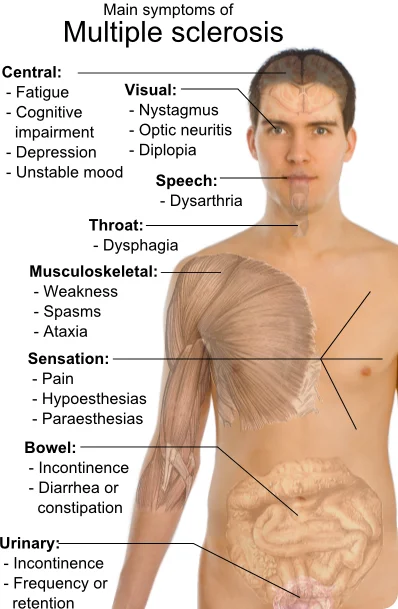Researchers at Washington University School of Medicine in St. Louis have found that people with multiple sclerosis (MS) may possess a surprising safeguard against Alzheimer’s disease. This finding, published in the Annals of Neurology, has sent ripples of excitement through the medical community and ignited hope for new treatments and preventative strategies.
The study, led by Dr. Matthew Brier, revealed that individuals with MS are significantly less likely to display the molecular hallmarks of Alzheimer’s. This unexpected connection emerged from the astute observations of Dr. Anne Cross, a neurologist with decades of experience treating MS patients. Dr. Cross noticed a peculiar trend: despite her patients reaching the age where Alzheimer’s risk typically soars, and even with family histories of the disease, they remained remarkably unaffected.
“I couldn’t find a single MS patient of mine who had typical Alzheimer’s disease,” Dr. Cross remarked, highlighting the striking anomaly that spurred the research.
While MS, an autoimmune disease affecting the brain and spinal cord, can sometimes mimic cognitive decline similar to Alzheimer’s, Dr. Cross found that even after referring patients to Alzheimer’s specialists, the diagnosis was consistently negative. This puzzling pattern prompted Dr. Brier and his team to delve deeper, ultimately uncovering a potential genetic link between MS and Alzheimer’s resistance.
“This finding could revolutionize how we approach Alzheimer’s treatment research,” Dr. Brier stated, emphasizing the profound implications of this discovery. By understanding the mechanisms that protect MS patients from Alzheimer’s, scientists may be able to unlock new therapeutic avenues for the millions worldwide affected by this devastating neurodegenerative disease.
This research marks a significant step forward in the fight against Alzheimer’s, offering a beacon of hope and a new direction for scientific exploration. While further investigations are needed to pinpoint the exact genetic factors involved, this discovery opens up exciting possibilities for the future of Alzheimer’s prevention and treatment.



